Our activities are taking place all over Germany. At the same time, we support organizations and initiatives on an international level by implementing innovative projects that lead toward an inclusive society.

How we make it happen
Our vision
Our values

SINGA is a global movement
Today local SINGA organizations are based in 7 countries. Besides Berlin, SINGA in Germany has a presence in Stuttgart, Bochum and Karlsruhe.
All local organizations share common values but are tailoring their work according to local needs.

WHAT WE BELIEVE IN
Today, 80 million people (1% of the world’s population) live in exile (UNHCR). This number will rise to 300 million by 2050 (UN), with the acceleration of global warming and the political and economic unrest in certain countries. Europe plays a significant role in welcoming these populations but struggles to create solutions that truly foster the inclusion of newcomers.
The word “migrant” often conjures an image of a shapeless, precarious, and dangerous figure without any individuality. This biased perception triggers debates around national security and polarised societies, creating a “us” versus “them” narrative. A pointless concept, as Professor Otto Scharmer (MIT), highlights: this idea of “us” can fluctuate and expand to include more and more profiles as time goes by.
We refuse to see migration uniquely as a humanitarian or security issue. We must quickly and radically change how society at large approaches migration: it is a great opportunity to meet new people, and give meaning to our lives. It provides economic opportunities, limitless knowledge, and permanent cultural enrichment.
What if the world was more reactive to environmental and social change? What if each citizen of the world was no longer limited by his/her nationality, but could thrive with their own plural and dynamic identity? What if we could benefit from others’ experiences, knowledge, and skills?

- Ramona HinkelmannCo-Managing Director - SINGA Deutschland
Ramona Hinkelmann brings a wealth of experience from previous jobs in participation and inclusion with a focus on women in tech, youth representation, and community building with newcomers and locals. She is an expert in the development of educational trainings and programs. She is a strategic thinker and very experienced in role-based leadership facilitation. - Sen ZhanCo-Managing Director - SINGA Deutschland
Sen is an intercultural facilitator with over 30 years of experience living in China, Canada, and Germany. She explores how global citizens navigate identity, cultural contradictions, and belonging across borders—especially through the lens of language, family, and intergenerational experiences. Her work fosters connection, understanding, and wholeness across cultures. - Izabella Neves de MoraisProject Lead - SINGA Deutschland
Izabella Neves de Morais is a project lead with 15 years of experience in international entrepreneurship and social innovation. With a background in the financial sector and EU-funded programs, she has led global projects and startup initiatives across Latin America, Europe, the UAE, and India. Her focus is on creating scalable, impact-driven solutions for immigrant women and international communities. - Anna KurilovaProgram and Communications Manager - SINGA Deutschland
Anna brings a strong background in European Studies and International Relations, with a deep focus on migration, social inclusion, and community-driven innovation. With over two years of experience at SINGA, she has led and supported flagship programs such as the Berlin Newcomer Startup Award and Rheinpreneur. Her work spans program development, strategic communications, and event management, connecting newcomers, partners, and ecosystems through impactful initiatives and storytelling. - Elizaveta SobolevaJunior Digital Marketing and Social Media Manager - SINGA Deutschland
Elizaveta brings a strong background in digital marketing and content strategy, shaped by experience in both corporate and non-profit environments. She focuses on building engaging social and newsletter strategies, strengthening brand presence, and creating purpose-led content that connects newcomers, communities, and partners through meaningful digital storytelling and performance-driven insights.
- Amelie HübnerCo-Founder SINGA Stuttgart
Amelie is fascinated by the power of innovation to bring out opportunities where they may be least expected. Inspired by the power and motivation of young entrepreneurs in Uganda she Co-Founded SINGA Stuttgart. - Angela Biya MolembaService civique - SINGA Stuttgart
Angela is a student in information and communication sciences, and has decided to devote her voluntary year to the common good. Guided by values such as solidarity, inclusiveness and creativity, she turned to SINGA, convinced by their commitment to entrepreneurship and diversity. She looks forward to building bridges between entrepreneurs and supporting initiatives that promote positive change. - Juliette GainonProject Manager - SINGA Stuttgart
Juliette studied sociology and political sciences in France and in Germany. She is motivated to create opportunities for people to overcome borders and open up to the world. With her multilingual skills, she perfectly complements our team in order to coordinates the projekt LiNK Cooperation between Karlsruhe and Strasbourg. - Mai GobbaProject Manager - SINGA Stuttgart
After completing her Master's degree in International Education Management and founding her own company in Germany, Mai decided to join the SINGA Stuttgart team and share her own experiences to support others who want to follow their passion and make a fresh start in a completely different culture. - Mohammed Chikh AlbastanehFounder & Art Director
Mohammed is passionate about supporting entrepreneurs in achieving their mission, professional goals and dreams. After obtaining his degree in Economics and Business Administration, he gained managerial experience in the field of HR Training & Development and worked as a consultant in multiple international consultancy projects. He values quality and creativity. - Peter SchumacherCo-Founder SINGA Stuttgart
In 2016 Peter gave up his job as an engineer to support youth in Uganda to create social business from scratch. Creating new perspectives together with them, has motivated him to co-found SINGA Stuttgart in Germany. Seeing how people can change their life in a positive way confirms that entrepreneurship is the right way of supporting people. - Sophie GuitardService Civique - SINGA Stuttgart
During her political science studies, Sophie completed an internship at a migration-focused NGO in Santiago de Chile, which deepened her empathy and understanding of migration issues and inspired her to pursue a career in the field. Passionate about fostering connections, developing inclusive and sustainable solutions, and continuously expanding her knowledge, she joined SINGA Deutschland as a volunteer and project assistant.
